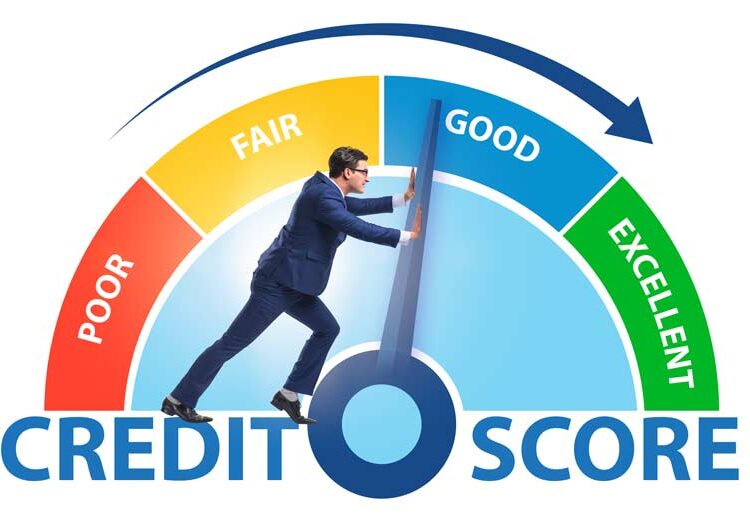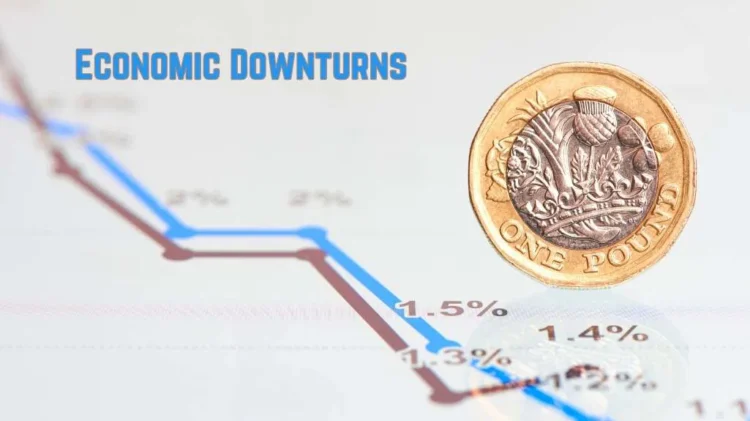Embark on a journey to discover the secrets of boosting your credit score quickly. From understanding the importance of credit scores to exploring effective strategies for improvement, this guide covers it all.
Delve into the intricacies of credit building and unleash the potential to enhance your financial standing.
Understanding Credit Score
A credit score is a numerical representation of an individual’s creditworthiness, indicating how likely they are to repay borrowed money. It is a crucial factor that lenders use to determine whether to approve a loan or credit application.
Calculation of Credit Scores
Credit scores are calculated based on various factors, with the most common model being the FICO score, which ranges from 300 to 850. The key components taken into account include:
- Payment history
- Amounts owed
- Length of credit history
- New credit
- Credit mix
Factors Influencing Credit Scores
Several factors can influence an individual’s credit score, impacting their overall creditworthiness:
- Payment history: Timely payments improve credit scores, while late payments or defaults can lower them.
- Credit utilization: Using a high percentage of available credit can negatively affect credit scores.
- Length of credit history: Longer credit history demonstrates responsible credit management and can boost scores.
- New credit: Opening multiple new accounts within a short period can lower credit scores.
- Credit mix: A diverse mix of credit types, such as credit cards and loans, can positively impact credit scores.
Importance of Building Credit
Building a good credit score is crucial for various financial aspects of life. It can significantly impact an individual’s ability to secure loans, obtain favorable interest rates, and even qualify for certain job opportunities.
Benefits of a Good Credit Score
- Access to Better Loan Options: With a good credit score, individuals are more likely to qualify for loans with lower interest rates and favorable terms.
- Higher Credit Limits: Lenders are more willing to extend higher credit limits to individuals with good credit scores, allowing for increased purchasing power.
- Lower Insurance Premiums: Some insurance companies use credit scores to determine premiums, so a good credit score can lead to lower insurance costs.
- Approval for Rental Properties: Landlords often check credit scores when considering rental applications, so a good credit score can make it easier to secure a rental property.
Financial Opportunities Affected by Credit Score
- Mortgage Approval: A good credit score is essential for obtaining a mortgage at a favorable interest rate, potentially saving thousands of dollars over the life of the loan.
- Credit Card Approval: Individuals with good credit scores are more likely to be approved for credit cards with rewards programs and perks.
- Employment Opportunities: Some employers review credit reports as part of the hiring process, particularly for positions that involve financial responsibilities.
Tips for Building Credit Score Fast
Building a good credit score is essential for financial stability and future opportunities. Here are some tips to help you improve your credit score quickly:
Improve Credit Utilization Ratio
Maintaining a low credit utilization ratio is crucial for a healthy credit score. Aim to keep your credit card balances below 30% of your total credit limit. This shows lenders that you can manage credit responsibly and can help boost your score.
Make On-Time Payments
Paying your bills on time is one of the most important factors in determining your credit score. Late payments can significantly impact your score negatively. Set up automatic payments or reminders to ensure you never miss a payment.
Be Cautious When Opening New Credit Accounts
Opening new credit accounts can temporarily lower your credit score due to inquiries and a decrease in the average age of your accounts. However, having a healthy mix of credit types can benefit your score in the long run. Only open new accounts when necessary and avoid opening multiple accounts at once.
Monitor and Manage Credit Report Errors
Regularly check your credit report for any errors or inaccuracies that could be affecting your score. Dispute any errors you find with the credit bureaus to have them corrected. Keeping a close eye on your credit report can help you catch and address issues promptly.Remember, building credit takes time, so be patient and consistent with your efforts to improve your credit score.
Building Credit with Loans and Credit Cards
Building credit with loans and credit cards can be an effective way to boost your credit score and establish a positive credit history. It is essential to understand how these financial tools can impact your creditworthiness and financial standing.
Using Credit-Builder Loans
Taking out a credit-builder loan can be a useful strategy for improving your credit score. These loans are designed specifically for individuals looking to establish or rebuild their credit. Here’s how they work:
- Credit-builder loans are typically small loans where the borrowed funds are held in a savings account or certificate of deposit (CD) until the loan is fully repaid.
- By making on-time payments on the loan, you demonstrate responsible borrowing behavior to credit bureaus, which can help boost your credit score over time.
- Once the loan is paid off, you receive the funds that were held in the savings account or CD, plus any interest earned.
Using Secured Credit Cards
Secured credit cards can also be a valuable tool for building credit, especially if you have a limited credit history or poor credit. Here are the pros and cons of using secured credit cards:
- Pros:
- Secured credit cards require a security deposit, which reduces the risk for the credit card issuer and allows you to establish a line of credit.
- Using a secured credit card responsibly by making timely payments can help improve your credit score over time.
- Cons:
- Secured credit cards may have higher fees and interest rates compared to traditional credit cards.
- If you fail to make payments on a secured credit card, you risk losing your security deposit.
Managing Credit Card Usage Responsibly
When using credit cards to build credit, it’s essential to manage your usage responsibly to maximize the positive impact on your credit score. Here are some tips to help you:
- Pay your credit card bills on time and in full each month to avoid interest charges and late payment fees.
- Keep your credit card balances low relative to your credit limit to demonstrate responsible credit utilization.
- Avoid opening multiple new credit accounts at once, as this can lower your average account age and impact your credit score.
- Regularly monitor your credit report for errors and report any discrepancies to the credit bureaus to maintain accurate credit information.
Other Strategies to Improve Credit Score
To further boost your credit score, consider the following strategies:
Becoming an Authorized User on Someone Else’s Credit Card
One effective way to improve your credit score is by becoming an authorized user on someone else’s credit card. By piggybacking off their good credit history and responsible credit card usage, you can benefit from their positive credit behavior.
Impact of Credit Inquiries on Credit Score
Credit inquiries, also known as hard inquiries, can have a temporary negative impact on your credit score. When you apply for new credit, lenders will typically pull your credit report, resulting in a hard inquiry. Multiple hard inquiries within a short period may signal to lenders that you are taking on too much debt, potentially lowering your credit score.
Tips for Negotiating with Creditors to Improve Credit Score
When dealing with creditors, it’s essential to communicate effectively and negotiate terms that can help improve your credit score. Consider the following tips:
- Reach out to your creditors to discuss repayment plans or settlements.
- Ask for a goodwill adjustment if you’ve had a one-time financial setback.
- Negotiate to have negative items removed from your credit report in exchange for payment.
Last Word
In conclusion, mastering the art of building credit score fast opens doors to a world of financial opportunities. Take charge of your credit journey and watch your score soar to new heights.
Quick FAQs
How can I improve my credit utilization ratio?
Focus on keeping your credit card balances low and avoid maxing out your credit limit.
What impact do credit inquiries have on my credit score?
Credit inquiries can slightly lower your credit score, so it’s best to limit them when possible.
Is becoming an authorized user on someone else’s credit card beneficial?
Yes, being an authorized user can help you piggyback on their positive credit history and improve your score.
How do I negotiate with creditors to improve my credit score?
Reach out to creditors to discuss payment plans or settlements that can positively impact your credit score.









